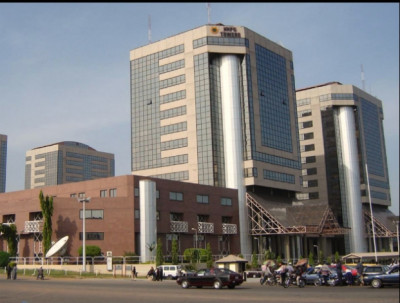The consumption of renewable energy cannot come anywhere close to overtaking oil and gas usage in the decades ahead, the Organisation of Petroleum Exporting Countries said on Wednesday.
Secretary-General, OPEC, Mohammad Barkindo, said this in his special address at the S&P Global Platts Americas Petroleum and Energy Conference, with the theme, ‘The pursuit of global multilateralism to help drive the global energy transition’.
Barkindo observed that there were some who believed the oil and gas industries should not be part of the energy future, but should be consigned to the past, and that the future was one that could be dominated by renewables and electric vehicles.
He said, “In response, it is clear that many OPEC member countries have great solar and wind resources, and huge investments are being made in this field. OPEC welcomes the development of renewables.
“However, we do not see any reputable outlook projecting in their base cases that renewables will come anywhere close to overtaking oil and gas in the decades ahead.”
He stressed that it was important to state clearly that science did not tell that oil would be consigned to the past, adding that the statistics related to the blight of energy poverty did not tell us this either.
“We fully support the science. This is a given. We do not deny the existence of climate change. What the science and statistics tell us is that we need to reduce emissions and use energy more efficiently,” the OPEC scribe stated.
He added, “Renewables are coming of age, with wind and solar expanding quickly, but even by 2045, in our World Oil Outlook 2020, they are only estimated to make up just over 20 per cent of the global energy mix.
“Oil and gas combined are forecast to still supply over 50 per cent of the world’s energy needs by 2045, with oil at around 27 per cent and gas at 25 per cent. We appreciate that some will view this as an OPEC forecast, dispute the numbers, and state that the Organisation is against renewables.”
In terms of electric vehicles, Barkindo said there was no doubt that they would continue to see expansion in the transportation sector.
He noted that in OPEC’s 2020 WOO, the share of electric vehicles in the total road transportation fleet was projected to expand to around 16 per cent in 2045, as the organisation was in support of their development in a sustainable manner.
Barkindo said, “However, for many of the world’s population, electric vehicles do not offer a viable alternative to the internal combustion engine, primarily due to cost.
“There is also debate about how environmentally friendly they are considering their build process, especially the required batteries, and the sourcing of the vehicles’ electricity.
“Here, I think it is also relevant to highlight one key detail from our World Oil Outlook 2020. In the period to 2045, fuel efficiency improvements are expected to result in a far greater reduction in oil demand, than the increasing penetration of alternative fuel vehicles.”

 News6 years ago
News6 years ago
 Featured6 years ago
Featured6 years ago
 Boss Picks6 years ago
Boss Picks6 years ago
 Headline6 years ago
Headline6 years ago
 Headline6 years ago
Headline6 years ago
 Headline5 years ago
Headline5 years ago
 Headline6 years ago
Headline6 years ago
 Headline6 years ago
Headline6 years ago













